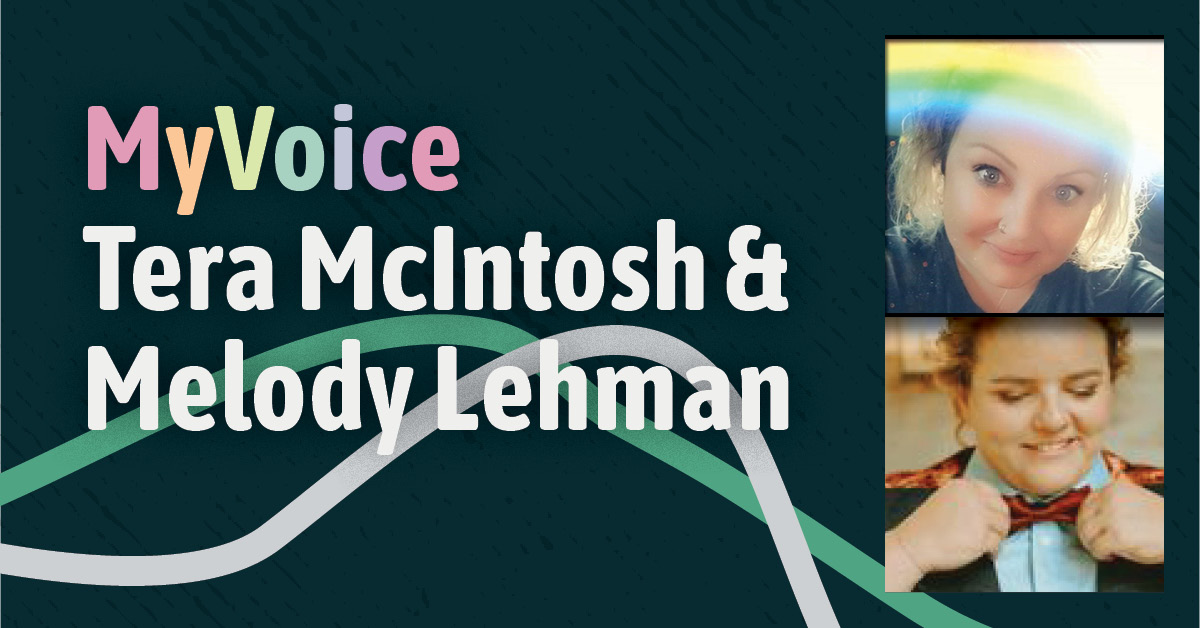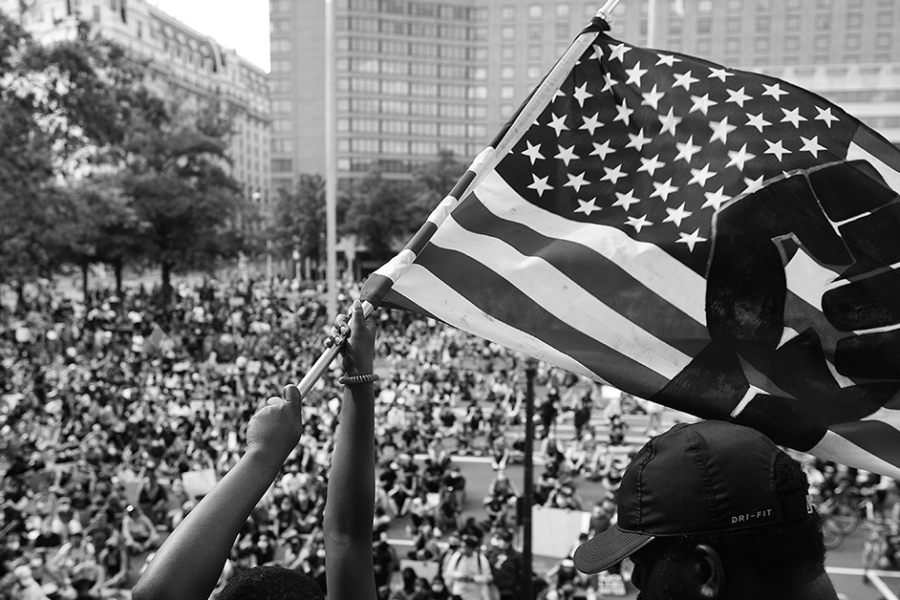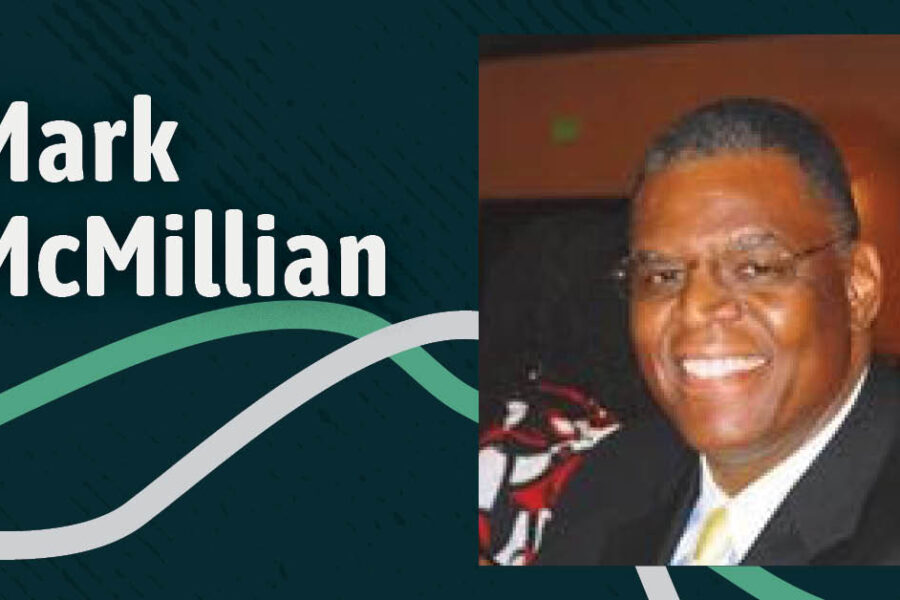(Antioch Voices is a new space for members of the Antioch community to write and share opinion and creative writing pieces for university-wide distribution on issues of national and public concern. This month, two writers from the MA in Individualized Studies—a student and a teacher—reflect on celebrating Pride Month in their small towns.)
I live in a town where downtown consists of an American flag. It hangs directly over a military cannon. If you walk across the street from the cannon you will find Old Grouch’s Military Plus. Hungry for some breakfast? Stop in at the Pioneer restaurant, but be sure not to act too flamboyant. The waitresses will stare. (And no, they don’t have a vegan option.) I live in a town where there are no Pride celebrations, where females who wear masculine clothes are just hard workers, and where pronouns are just silly nonsense. Thirty minutes away from my town is a progressive town with a lesbian commissioner and an A+ travel rating for one of the gayest cities in the United States. But I live in a small town. I am Tera, and I live in Clyde, North Carolina.
I live in a town that sells sweet corn in the gas station parking lot. I live in a town where Trump flags are fixed to pick up trucks as if that is a factory setting. My community is a conservative one: there is no diversity council, no Pride parades, no LGBTQIA+ proclamations, and no centers for support. Main street still waves Trump flags as if they are a badge of honor. Biden stickers adorn gas pumps with words that read “I did that!” I live in a town where Love is Love signs get ripped from yards even on cold winter nights. Drive an hour and a half, and you will find a city that holds a Pride festival that one million people attend. But I live in a small town. I am Melody. I live in Ottawa, Ohio.
We live in small towns where there are graveyards of LGBTQIA+ voices, time capsules of stories wishing they could be told. So today we tell our stories for the trans boy who watches TouTube makeup tutorials because his family lives on Country Lane. For the girl who doesn’t have a Gay Straight Alliance at her middle school. For the hair salon owner on Depot Street who is afraid to tell his clients he is gay for fear of losing his livelihood. For the rural voices of LGBTQIA+ folks once—and still—snubbed out by Appalachian and Midwestern expectations.
I am Melody. I live in Ottawa, Ohio. Being gay in a small town isn’t always easy. At the age of 36, I decided to finally live my truth after being married to a man for over ten years. Due to the heteronormative expectations placed upon me throughout my youth, teens, and twenties, I hid this side of me. What a heavy weight to carry. I did not want to go against what the Catholic church and community standards had instilled in me. While in college at the University of Toledo, I was able to learn more about my sexuality and identity–and in this big city, I felt accepted.
But I dare not bring those experiences back home to small town Ohio. As a “late-in-life” lesbian, I began to really feel comfortable in my own skin as I entered Antioch for my master’s degree. Creating classes in the Master of Arts in Individualized Studies (IMA) program has helped me explore and learn more about the culture and history of being LGBTQIA+, about the gaps in gender and sexulity, about human rights, and about discrimination in media, in the workplace, and even in my own family.
Coming out at such a late age has proven to be much easier than I ever expected, and I know it’s only because of the amazing individuals from the LGBTQIA+ community who have painstakingly paved the way for me to do so. And because of the learning communities that I am constantly immersing myself in. I am fortunate to have had the ability to come out in a safer environment than some, but that does not mean that the work in my town is done.
What does Pride mean to me? Pride Month means that there is one month that I can be unapologetically myself. I don’t have to hide, I don’t have to be scared to be who I am. It gives me the opportunity to be open, vulnerable, and unafraid to live the life I was meant to, and to tell this very story to you all. It provides me with the ability to be a part of a community that is about love, acceptance, and strength. It is our fundamental right to love who we love and to be afforded the same opportunities that all other Americans have. As I sit here and write this, I continue to think of those who paved the way for me and so many others. The Black trans activists from Stonewall. Those beautiful souls murdered in the Pulse shooting. Those who have taken their own lives because of their inability to feel safe for being who they are. This is why it is important to be proud in a small town. To be a hug of safety for those that feel alone. You are not alone—even if your small town makes you feel that way.
I am Tera. I live in Clyde, North Carolina. Being gay at a Catholic school was a sin. I must have repented for my sins a thousand times. It is true what the bible says: comparison is the thief of joy. And I was never going to be straight. I knew I had to leave my comparisons behind to live authentically who I was—without hesitations, without apologies, without hiding all of the “rainbow stuff” in my house when someone came to visit from my small town. Growing up, it was “Pride” Months and communities of unapologetically raw high heel wearing drag queens that gave me hope to last me throughout the year when small town living got too big for my body.
To see people who dressed like me, who talked like me, who lived a life I wanted to live gave me hope. I suppose Harvey Milk was right when he said hope would never be silent, because if we are going to change anything in our small towns it’s going to take speaking up, writing out loud, and sharing stories. This is why it is important to be proud in a small town. To be a light for those who feel like they are not enough to make it out of the dark. Even if your small town makes you feel that way—you are enough.
How many times must we play hide and seek with ourselves because of where we live?
We may live in small towns, but we have big hopes, which is why we found ourselves at Antioch University.
Even in our small towns, we will be intentionally us. Some days we will have to call out homophobia, some days we will be a girl who wears the bowtie anyway. Some days we will hold on to our wife’s hand while we cross the street and never let go. And we will continue to out ourselves again and again, because being afraid is no longer an option in our small towns. We can’t all move to the big city, but we can lead from where we are: in our small towns. You don’t have to live in the city to be loud—and proud.
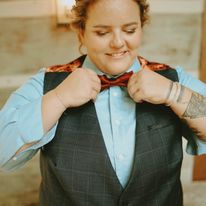
Tera McIntosh
Tera McIntosh, holds a PhD from Antioch’s Graduate School of Leadership and Change and currently serves as Affiliate Faculty for Antioch University Online.
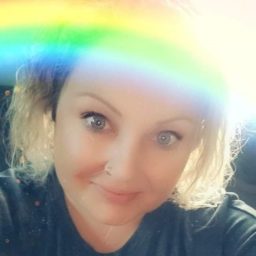
Melody Lehman
Melody is a student in the MA in Individualized Studies at Antioch Online.

